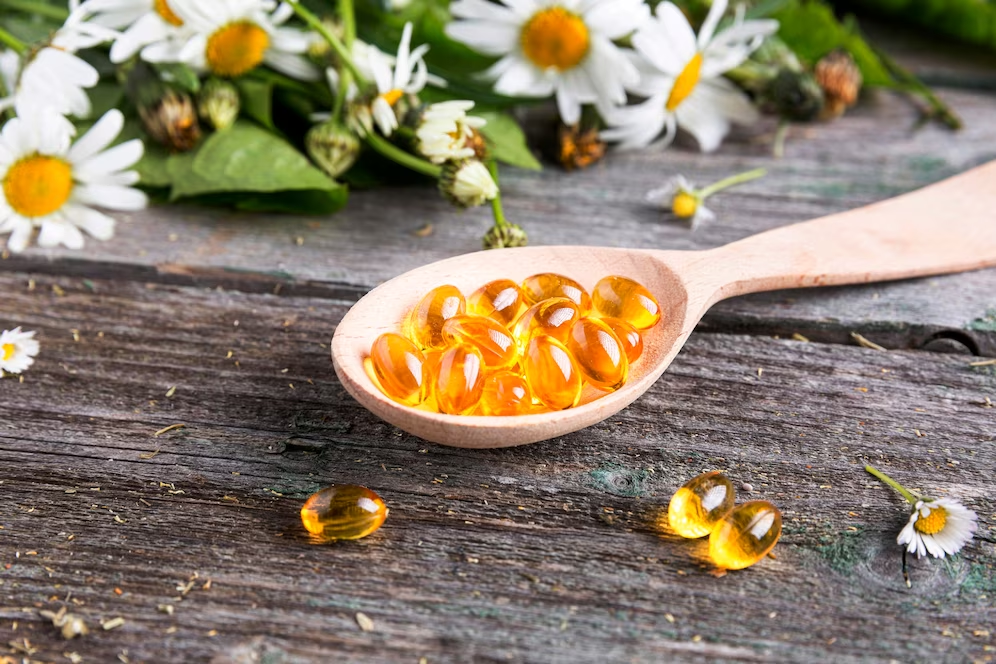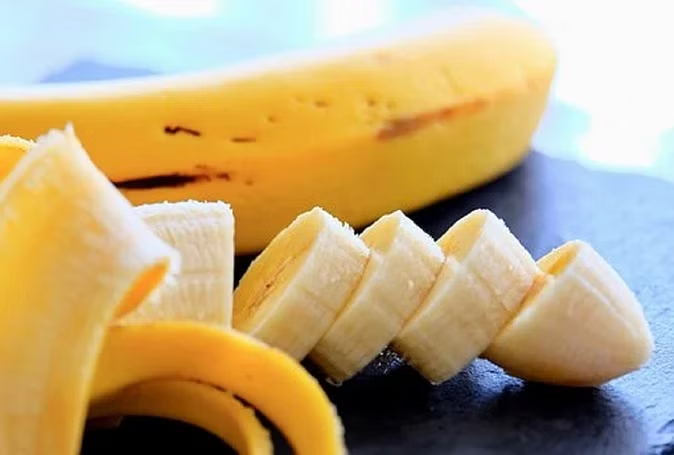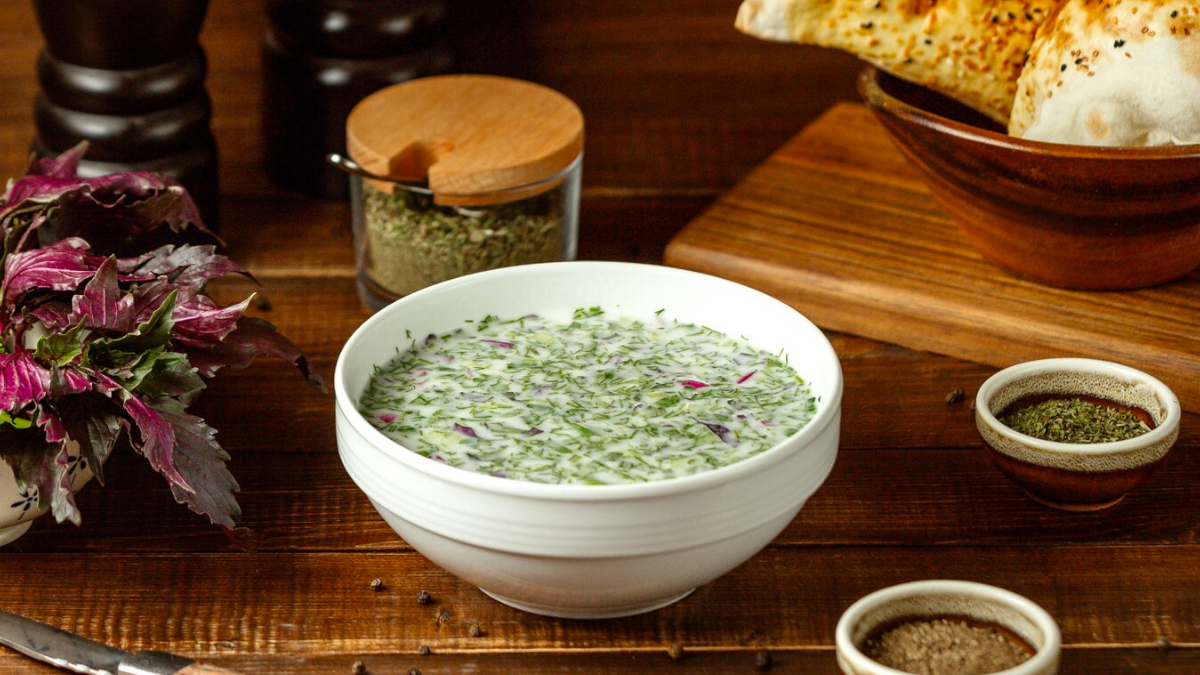To keep the body healthy and fit, it is considered most important to keep consuming nutritious things. Such diets supply the essential nutrients for us, they are also necessary to keep us fit both physically and mentally. Health experts say we need many types of vitamins and nutrients through diet every day. The needs for Vitamins C and D have been often talked about, but do you know about Vitamin K?

Health experts explain, that Vitamin K helps in making different types of proteins in our body, which are necessary for blood clotting and bone formation. Prothrombin is one such protein for whose production Vitamin K is very important and this protein is necessary for forming blood clots.
Is there enough Vitamin K in your diet? Let us know, what is the importance of Vitamin K and how can it be obtained.
Need for Vitamin K
Health experts say Vitamin K is essential for both our physical and mental health. Vitamin K is not only necessary for bones and blood, but in studies, it is also considered essential for reducing morning sickness and increasing cognitive (mental) ability. Vitamin K should also be included in the diet to reduce the increasing risks of heart disease and its causes globally.
This vitamin is very important for the heart and bones
Researchers found that by increasing the amount of vitamin K in your diet, you can improve heart and bone health. Vitamin K helps in controlling blood pressure, which is very important to keep the heart healthy. This enables the heart to pump blood freely through the body.
Studies show that vitamin K is also important for strengthening and maintaining bones, improving bone density, and reducing the risk of fractures.

Vitamin K deficiency can be dangerous
Low levels of vitamin K can lead to a variety of health problems. Its deficiency increases the risk of uncontrolled bleeding. Although Vitamin K deficiency is rare in adults, the risk of it has been seen to be higher in newborns. Vitamin K is also a fat-soluble vitamin. This is necessary to reduce many types of problems in the liver, brain, heart, and pancreas.
Food sources of Vitamin K
It is beneficial for you to include certain types of foods in your diet to meet your daily requirements for Vitamin K.
Make green leafy vegetables, such as kale, spinach, turnips, collard greens, mustard greens, and green leaf salads a part of your diet.
Vegetables like Brussels sprouts, broccoli, cauliflower, and cabbage are good sources of vitamin K.
Fish, meat, and eggs are also good sources of this vitamin.
(PC: iStock)










